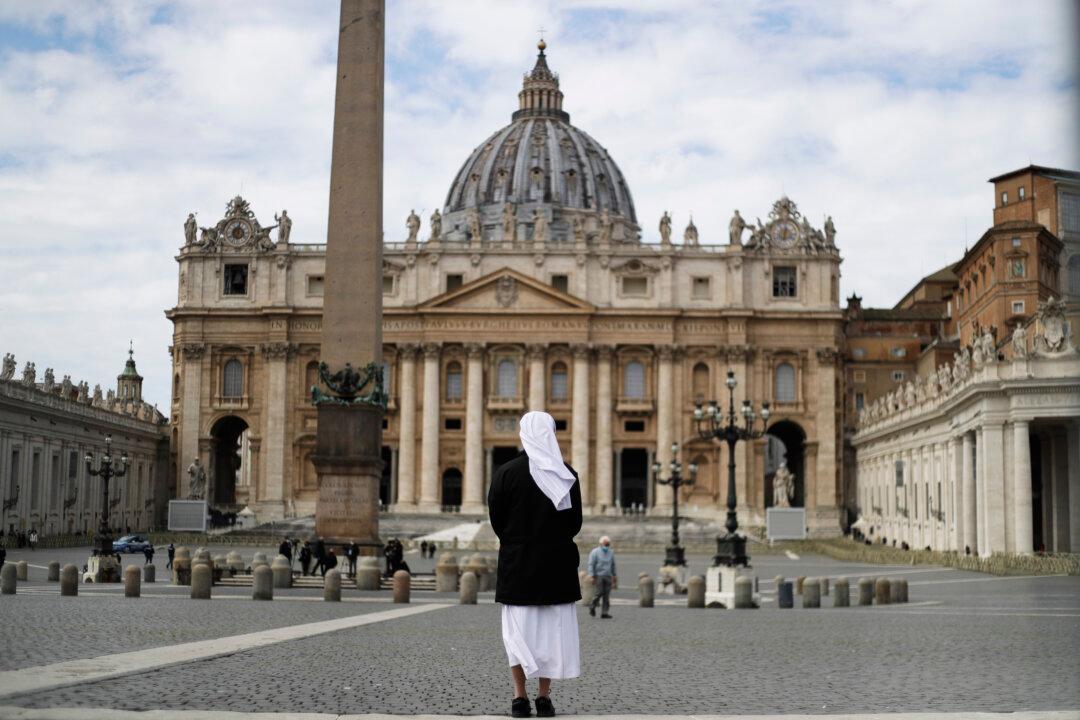From partnering with an organization that provides transgender surgeries and abortion services, to revising its policy on who can receive Communion, leaders in the faith community are concerned about prominent forces within the Catholic Church that appear to be compromising and even partnering with those who espouse a radically pro-abortion, pro-transgender ideology.
According to Michael Hichborn president of the Lepanto Institute, “there is an attempt to transition” the Church.





